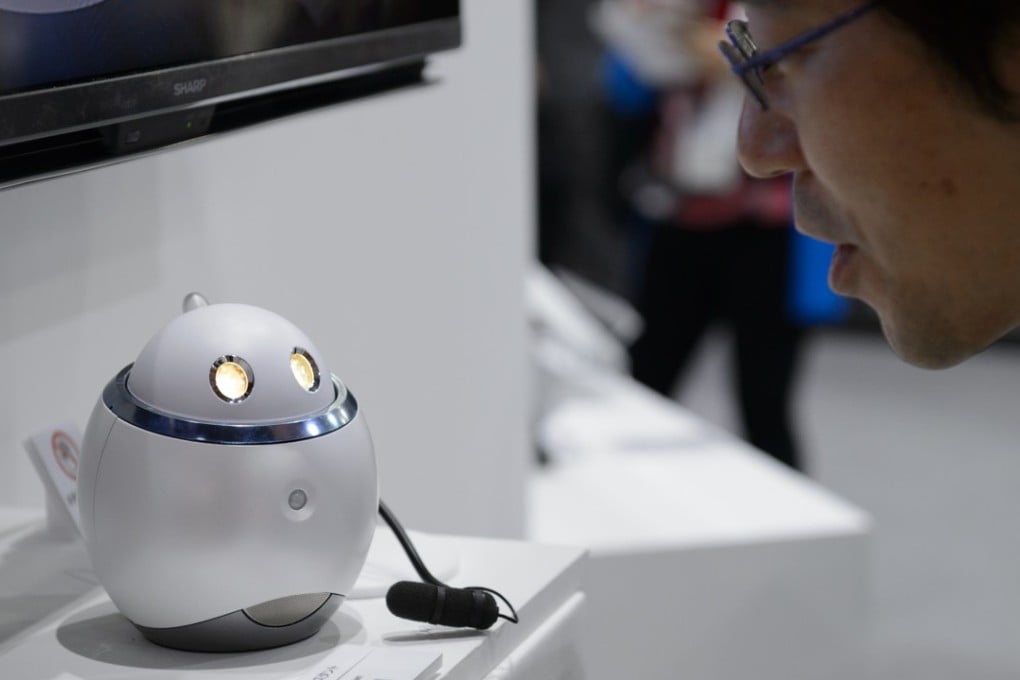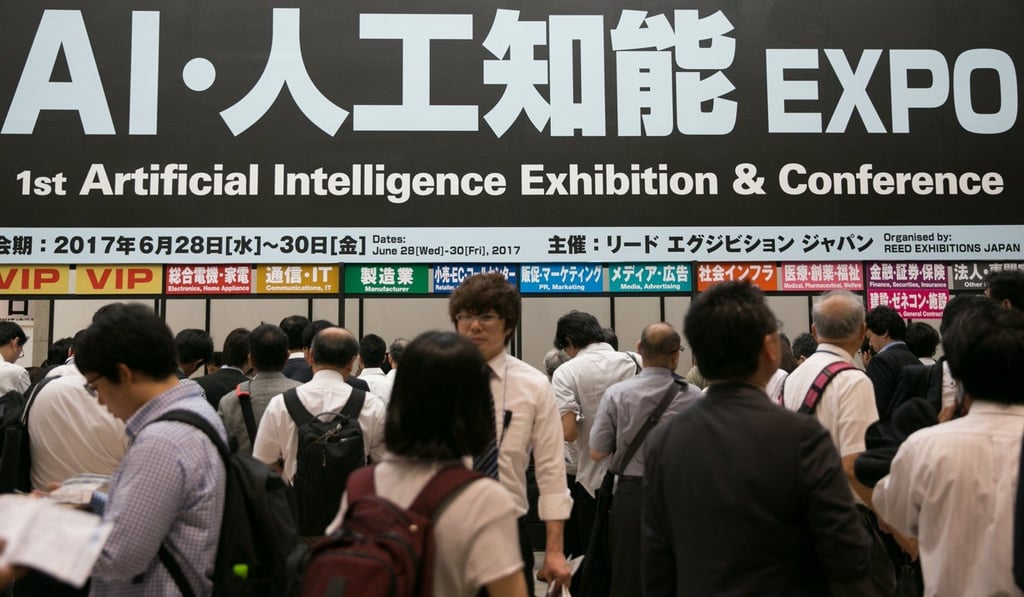Counter intelligence: Japan brings out the bazooka in AI war with China
Billions of yen in public investment could help firms innovate, but analysts say the nation may never catch up with China and the US, global tech leaders that show no signs of slowing down

Japan announced in late August that it is planning to invest billions of yen to fund next-generation semiconductors and other technologies critical to AI development.
Unfortunately, analysts believe, parts of Japan’s AI sector are far behind China, and there is little that can be done that will enable Japan to regain its predominance.
Artificial Intelligence: the doctors Chinese patients can’t beat up
The cost of developing new chips has become cost-prohibitive for many Japanese firms, one of the root causes of Japan’s lacklustre performance. To address this, the Ministry of Economy, Trade and Industry (Meti) said it will fund start-up companies and researchers, enabling them to devise new technologies and simultaneously develop world-class AI experts. It plans to request up to 10 billion yen (HK$690 billion) from the government’s fiscal year 2018 budget for its initiative.

Mitsuru Ishizuka, a professor emeritus at the University of Tokyo who specialises in AI, confesses: “Frankly speaking, the situation in Japan at the moment is very hard and we are slipping behind the research in this area that is being done in China.
Why 2017 will be Asia’s year for artificial intelligence
“The government has set up two AI research centres, one under the Ministry of Education and one under Meti, and there are many industries and companies that are interested in AI, but there are a lot of obstacles,” Ishizuka told This Week in Asia.